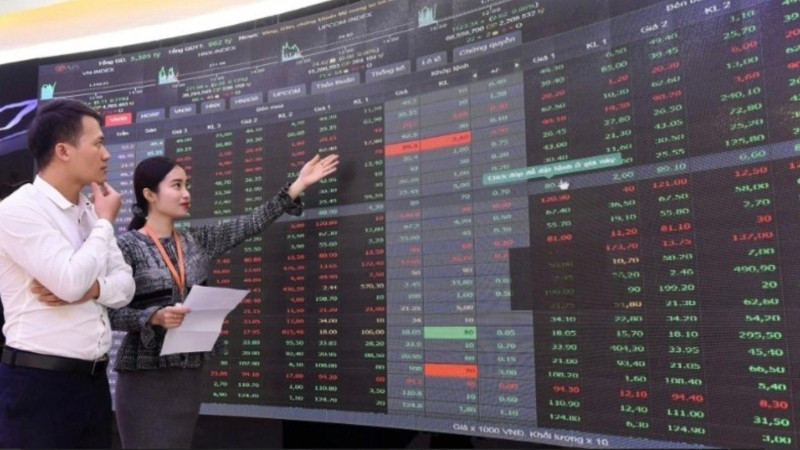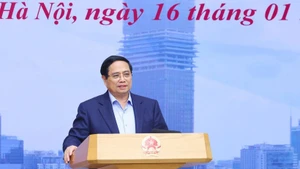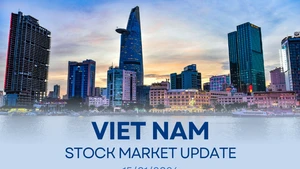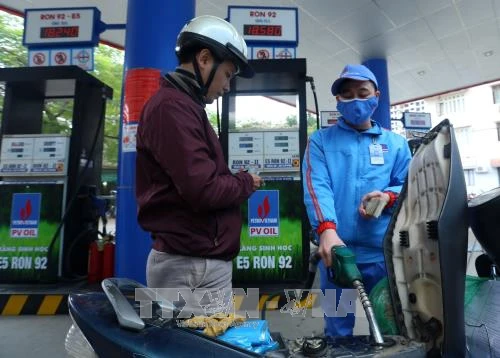Listed companies: Pillars of market credibility
Viet Nam’s transition from “frontier” to “secondary emerging” market status is the result of sustained and coordinated reform, led by the Party, the Government, and the Prime Minister, with contributions from regulatory bodies and the business community.
Within this collective success, listed enterprises are recognised as key contributors to shaping a transparent, stable, and increasingly attractive market for both domestic and international investors.
FTSE Russell’s assessment highlighted corporate governance and information transparency as decisive factors in the upgrade. This places greater responsibility on Vietnamese listed companies to modernise governance models, improve disclosure practices, safeguard shareholder rights—particularly those of minority investors—and engage responsibly with global stakeholders.
Enterprises - especially those listed - must lead innovation and integrate business growth with national interests.
Disclosure standards must not only comply with legal requirements but also align with international norms. This includes adopting International Financial Reporting Standards (IFRS), strengthening independent auditing, internal controls, and risk management frameworks.
The Government continues to prioritise the development of a fair, transparent, and efficient investment environment. In this new phase, macroeconomic policies alone are insufficient.
Enterprises - especially those listed - must lead innovation and integrate business growth with national interests. This is both a duty and an opportunity to demonstrate the resilience and global stature of Vietnamese businesses in building an independent, self-reliant economy associated with extensive, practical and effective international integration and maintaining socialist orientation.
Strengthening fundamentals to attract sustainable capital
The market upgrade places Viet Nam in the spotlight of global investment funds, particularly Exchange Traded Funds (ETFs) managing hundreds of billions of US dollars and focusing solely on emerging markets.
However, attracting and retaining this capital requires more than a new market label. The internal strength of businesses, the genuine appeal of their shares, and the quality of governance are decisive.
In the first eight months of 2025, ETFs experienced a net withdrawal of 12.6 trillion VND, primarily from foreign funds. August alone saw outflows of 4.47 trillion VND—the highest monthly figure this year. Leading ETFs such as VanEck Viet Nam, Fubon FTSE Viet Nam, and Xtrackers FTSE Viet Nam continued to drive these outflows.
Despite this, the net asset value (NAV) of ETFs reached 66.4 trillion VND by the end of August 2025, up 6.46% from the previous month and 9.09% year-on-year. This indicates that Viet Nam remains on the radar of global investors, who are awaiting meaningful reforms in transparency, governance, and long-term strategy from Vietnamese enterprises.
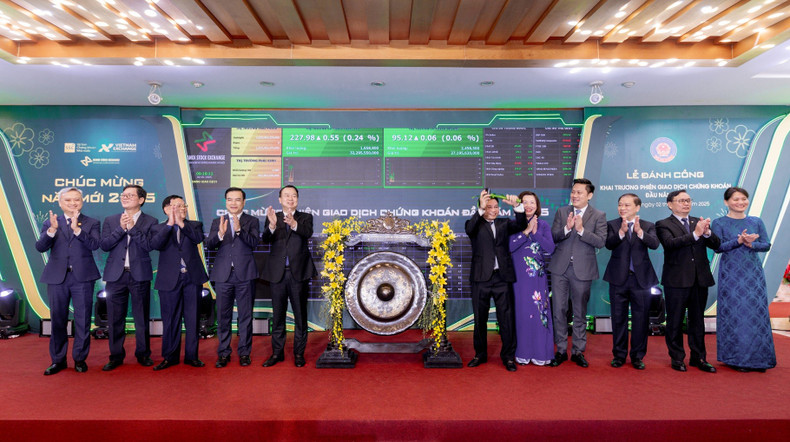
To meet these expectations, businesses must urgently restructure management, professionalise governance in line with international standards, adopt IFRS, embrace digital transformation, and integrate ESG (Environmental, Social, and Governance) principles into their core strategies. These are no longer optional—they are essential credentials for accessing stable, high-quality, long-term capital from global institutions.
In short, the upgrade is merely the beginning. Sustaining and advancing Viet Nam’s market status depends entirely on the internal strength of its enterprises.
Building a transparent and professional market ecosystem
With its new status, Viet Nam’s stock market faces more rigorous scrutiny from global financial institutions, investment funds, and international investors. These stakeholders assess not only financial metrics such as revenue and profit but also corporate behaviour, legal compliance, shareholder treatment, and social responsibility.
As of September 2025, Viet Nam’s stock exchanges host 2,734 listed companies: 1,535 on HOSE, 309 on HNX, and 890 on UPCoM. This growth reflects the market’s rapid expansion but also demands improved corporate governance and transparency, especially towards foreign investors.
Vietnamese enterprises must adopt a professional and transparent approach in their dealings with international investors. The mindset must shift from “selling shares” to “strategic investment partnerships,” and from short-term gains to long-term sustainable growth.
Only through this transformation can businesses build trust, ensure stability, and contribute meaningfully to Viet Nam’s position on the global financial map.
Regulatory and institutional synergy for sustainable growth
The efforts of enterprises must be matched by robust oversight from regulatory bodies—particularly the State Securities Commission and the stock exchanges. These institutions play a vital role in ensuring transparency, fairness, and efficiency.
A sustainable and professional stock market requires close coordination between regulators, industry associations, and enterprises.
As the market evolves, regulators must refine the legal framework to align with global standards, enhance supervisory capacity, and enforce strict measures against manipulation, fraud, misinformation, and insider trading. Facilitating listing procedures, trading, and information disclosure is also crucial to boosting market appeal.
Industry associations and professional bodies serve as vital bridges between regulators and businesses. They must actively contribute to policy development, offer timely feedback, and implement training programmes to elevate governance standards among corporate leaders. This will foster a culture of professionalism, transparency, and sustainability across the listing landscape.
Ultimately, a sustainable and professional stock market requires close coordination between regulators, industry associations, and enterprises. This comprehensive collaboration will create a secure, transparent, and efficient investment environment, reinforcing Viet Nam’s standing in the global financial arena.
